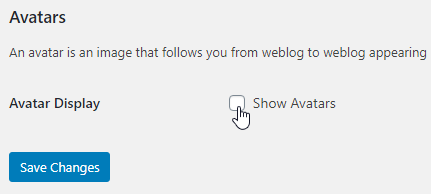Author: Philippe Arteau
If you are testing the security of WordPress websites, you will likely have to look at the REST endpoints. By default, users can be listed with the route “/wp-json/wp/v2/users”. On the latest WordPress version, out of the box, you will get the username and the hashed email. Experienced WordPress administrators and users are aware of the potential disclosure. Therefore, we can see various tutorials online on how to hide this

After evaluating hundreds of websites, we can say that rare are the sites that have totally blocked the feature.

After evaluating hundreds of websites, we can say that rare are the sites that have totally blocked the feature.
1. HTTP parameter “rest_route”
The first bypass we are presenting is abusing an alternative path to reach the same endpoint. While Worpdress is configured – by default – to support URL rewriting to have search engine and human friendly URLs like https://website.com/2020/12/breaking-news instead of https://website.com/?p=2678, behind the scene, every request sent to /wp-json/ is entering the index page with the parameter “rest_route” set to /wp/v2/users.
| https://****.com/blog/wp-json/wp/v2/users | BLOCKED |
| https://****.com/blog/?rest_route=/wp/v2/users | OK |
2. WordPress.com API
| https://blog.*******.com/wp-json/wp/v2/users | BLOCKED |
| https://public-api.wordpress.com/rest/v1.1/sites/blog.*******.com/posts | OK |
3. One by one
add_filter( 'rest_endpoints', function( $endpoints ){
if ( isset( $endpoints['/wp/v2/users'] ) ) {
unset( $endpoints['/wp/v2/users'] );
} return $endpoints;
});In the table below, we can see that one host was refusing to serve the complete list of users. However, we realize that targeting a specific user was not being blocked.
| https://www.*****.org/wp-json/wp/v2/users | BLOCKED |
| https://www.*****.org/wp-json/wp/v2/users/1 | OK |
4. Case sensitivity
foreach ( $routes as $route => $handlers ) {
$match = preg_match( '@^' . $route . '$@i', $path, $matches );
if ( ! $match ) {
continue;
}
$args = array();Source: class-wp-rest-server.php
RewriteCond %{QUERY_STRING} \bwp/v2/users\b [NC]
RewriteRule ^ - [F]RewriteCond %{QUERY_STRING} \bwp/v2/users\b| https://blog.*****.com/section/news?rest_route=/wp/v2/users | BLOCKED |
| https://blog.*****.com/section/news?rest_route=/wp/v2/usErs | OK |
5. Search
On few occasions we encounter APIs that are not explicitly blocked but the /wp/v2/users endpoint is not returning the avatar_urls properties. This is the effect of a third-party security plugin or disabling manually the avatars (Settings > Discussion > Avatars).

| https://api.*****.com/wp-json/wp/v2/users | BLOCKED |
| https://api.*****.com/wp-json/wp/v2/users?search=r@initech.com https://api.*****.com/wp-json/wp/v2/users?search=er@initech.com https://api.*****.com/wp-json/wp/v2/users?search=ter@initech.com https://api.*****.com/wp-json/wp/v2/users?search=eter@initech.com https://api.*****.com/wp-json/wp/v2/users?search=peter@initech.com |
OK |
6. Yoast SEO
<script type='application/ld+json' class='yoast-schema-graph yoast-schema-graph--main'>{"@context":"https://schema.org","@graph":[{"@type":"WebSite","@id":"https:// ***** /#website","url":"https://www.******.com/","name":"*****",
[...]
},
{
"@type":["Person"],
"@id":"https://www.****.com/#/schema/person/7367999b66**********",
"name":"Fred",
"image":{
"@type":"ImageObject",
"@id":"https://www.******.com/#authorlogo",
"url":"https://secure.gravatar.com/avatar/de04459893a29***********?s=96&d=mm&r=g",
"caption":"****"
},
"sameAs":[]
}]
</script>Conclusion
Clients of GoSecure Managed Detection and Response (MDR) with the Network Detection and Response have detection capabilities in-place in case of WordPress user enumeration and other malicious requests sent to WordPress.


CAS D'UTILISATION
Cyberrisques
Mesures de sécurité basées sur les risques
Sociétés de financement par capitaux propres
Prendre des décisions éclairées
Sécurité des données sensibles
Protéger les informations sensibles
Conformité en matière de cybersécurité
Respecter les obligations réglementaires
Cyberassurance
Une stratégie précieuse de gestion des risques
Rançongiciels
Combattre les rançongiciels grâce à une sécurité innovante
Attaques de type « zero-day »
Arrêter les exploits de type « zero-day » grâce à une protection avancée
Consolider, évoluer et prospérer
Prenez de l'avance et gagnez la course avec la Plateforme GoSecure TitanMC.
24/7 MXDR
Détection et réponse sur les terminaux GoSecure TitanMC (EDR)
Antivirus de nouvelle génération GoSecure TitanMC (NGAV)
Surveillance des événements liés aux informations de sécurité GoSecure TitanMC (SIEM)
Détection et réponse des boîtes de messagerie GoSecure TitanMC (IDR)
Intelligence GoSecure TitanMC
Notre SOC
Défense proactive, 24h/24, 7j/7